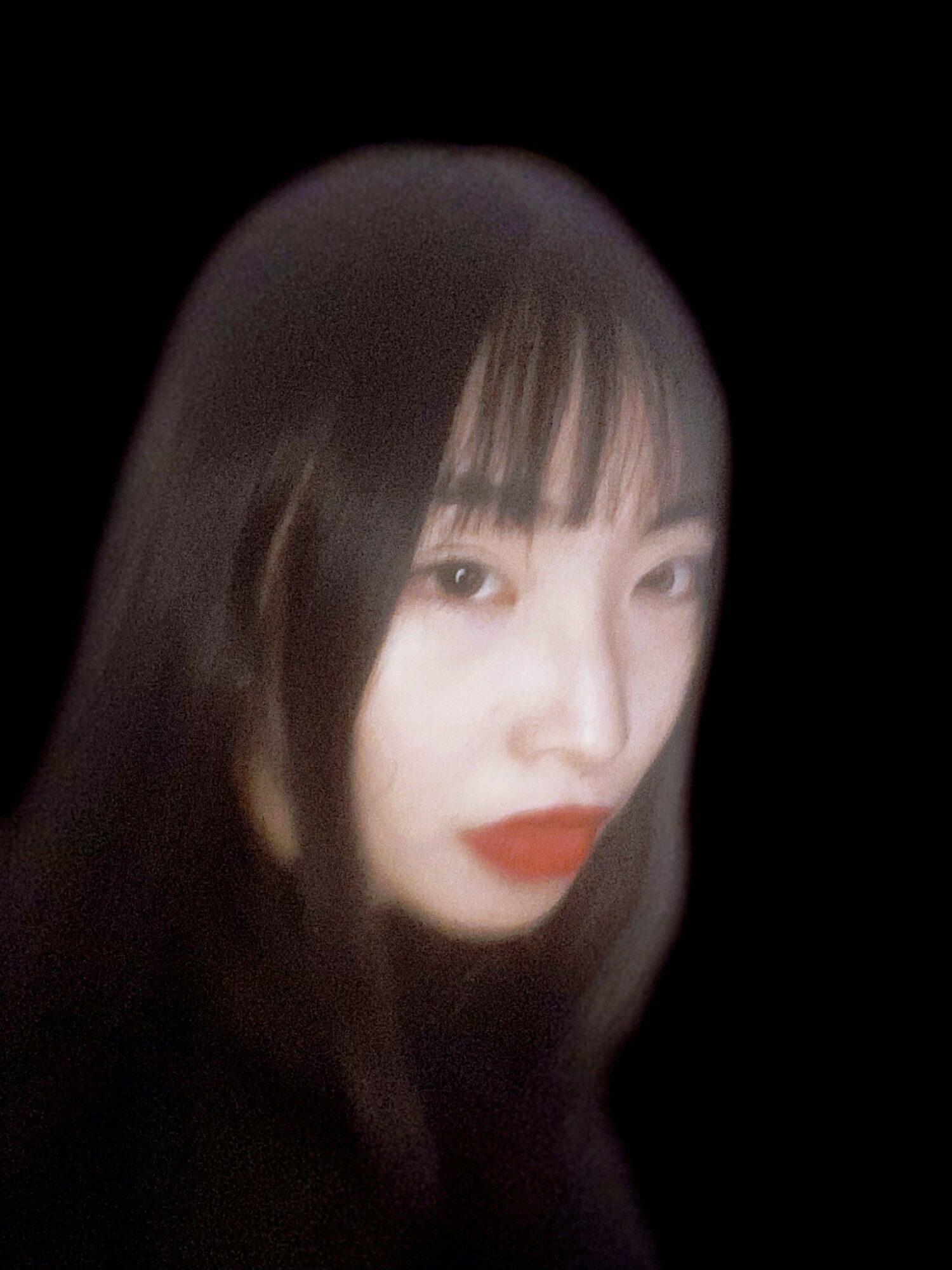

Today we’d like to introduce you to Yufei Fu.
Hi Yufei, it’s an honor to have you on the platform. Thanks for taking the time to share your story with us – to start maybe you can share some of your backstory with our readers?
I grew up with a deep hunger for stories — not just to be entertained, but to understand people and the world. That curiosity led me to study filmmaking at NYU and later to AFI, where I honed my craft and learned the discipline of collaborative, professional filmmaking.
I’ve always been drawn to stories about outsiders, marginalized voices, and the small, stubborn acts of dignity people perform to survive. Early on I experimented with directing, editing, and visual storytelling in short projects; over time I found that editing and post-production felt like the most honest and creative place for me to shape a story. After graduating from AFI, I launched Phoebe Film Company to produce small, character-driven films and to offer post-production services that help other filmmakers realize their creative vision.
A milestone that truly changed everything for me was my thesis film, The Witch Pricker and the Hare. We shot on 35mm, recreated 16th‑century Scotland in downtown LA, and finished the film under extreme constraints. I took full charge of post-production — editing, temp sound, and VFX — and delivered the film to the 2024 AFI Festival. That project taught me how resourcefulness, collaboration, and a refusal to compromise on emotional truth can elevate a small production into something resonant.
Today I split my time between producing work for my company Phoebe Film LLC, editing and finishing for other directors, and developing my own stories for both short and serialized formats. I’m constantly learning — whether it’s celluloid finishing techniques, visual effects workflows, or new tools that remake the language of cinema.
Can you talk to us a bit about the challenges and lessons you’ve learned along the way. Looking back would you say it’s been easy or smooth in retrospect?
No: the road has been far from smooth, and I wouldn’t want to pretend otherwise. Two of the hardest challenges I faced were simultaneously professional and deeply personal.
While finishing my thesis, my family was embroiled in a lawsuit that affected our family business and my mental health. It was a period of fear and uncertainty — the kind that makes you question whether the sacrifices are worth it. I also had a falling-out with a family member which culminated in my personal belongings being thrown out. Strange as it sounds, that moment on the street felt like both an ending and a liberation. It forced me to reckon with what I truly needed to be an artist: agency, clarity, and the courage to keep going even when everything else seemed to be falling apart.
Practically speaking, working as an independent filmmaker means constant resource constraints: tight budgets, irregular work, and the hustle of finding collaborators who share your vision. There have been projects that failed, opportunities that slipped away, and plenty of nights of self-doubt. What helped me through was community — the AFI cohort, mentors, and collaborators who believed in the work — and a stubborn discipline in the edit room, where limitations often transform into creative strengths.
Thanks – so what else should our readers know about your work and what you’re currently focused on?
My specialization is in post-production and finishing — editing, temp sound design, color timing, and VFX supervision — because I believe the final shape of a film is where the emotional truth reveals itself. I’m known for meticulous care in the edit, an ability to shepherd small-budget productions into festival-ready films, and a strong visual sensibility that bridges practical VFX with the narrative demands of character.
What I’m most proud of is The Witch Pricker and the Hare: the storytelling risks we took, the technical craft of finishing a 35mm project on a shoestring, and the way the film connected historical themes to modern marginalization. I’m proud not only of the finished film, but of the process — the late nights, the problem solving, and the team that made it possible.
What sets me apart is a couple of simple things: an editor’s patience for finding truth within footage, a curiosity for blending practical and digital techniques (celluloid finishing, tactile VFX, and now AI-assisted tools), and a deep commitment to stories about people who operate on the edges. I bring both a technical fluency and an insistence on emotional clarity: the craft serves the story, and the story must always be human.
How do you think about happiness?
I find the most joy in the quiet moments of creation: when an edit finally clicks, when a sound cue brings a scene to life, or when a collaborator shares a new idea that unlocks the emotional core of a sequence. Those small, intense moments when something fragile becomes true are what keep me going.
Beyond that, I take happiness from connection: screening a short piece and seeing someone in the audience react, mentoring a younger filmmaker and watching them grow, or discovering a new way to tell an old story. I also find a strange comfort in ritual and curiosity — learning an astrophotography trick, finishing a roll of 35mm, or tracing the genealogy of a folk tale. These pursuits remind me that art and life are braided together: curiosity fuels creativity, and creative work brings me closer to other people.
Ultimately, happiness for me is the feeling of being alive to a story worth telling — and having the courage and collaborators to tell it honestly.
Contact Info:
- Website: https://www.phoebefilm.com
- Instagram: yufei.fu
- Facebook: https://www.facebook.com/yufei.fu.33?mibextid=wwXIfr&mibextid=wwXIfr
- Other: https://www.imdb.com/name/nm12359830/
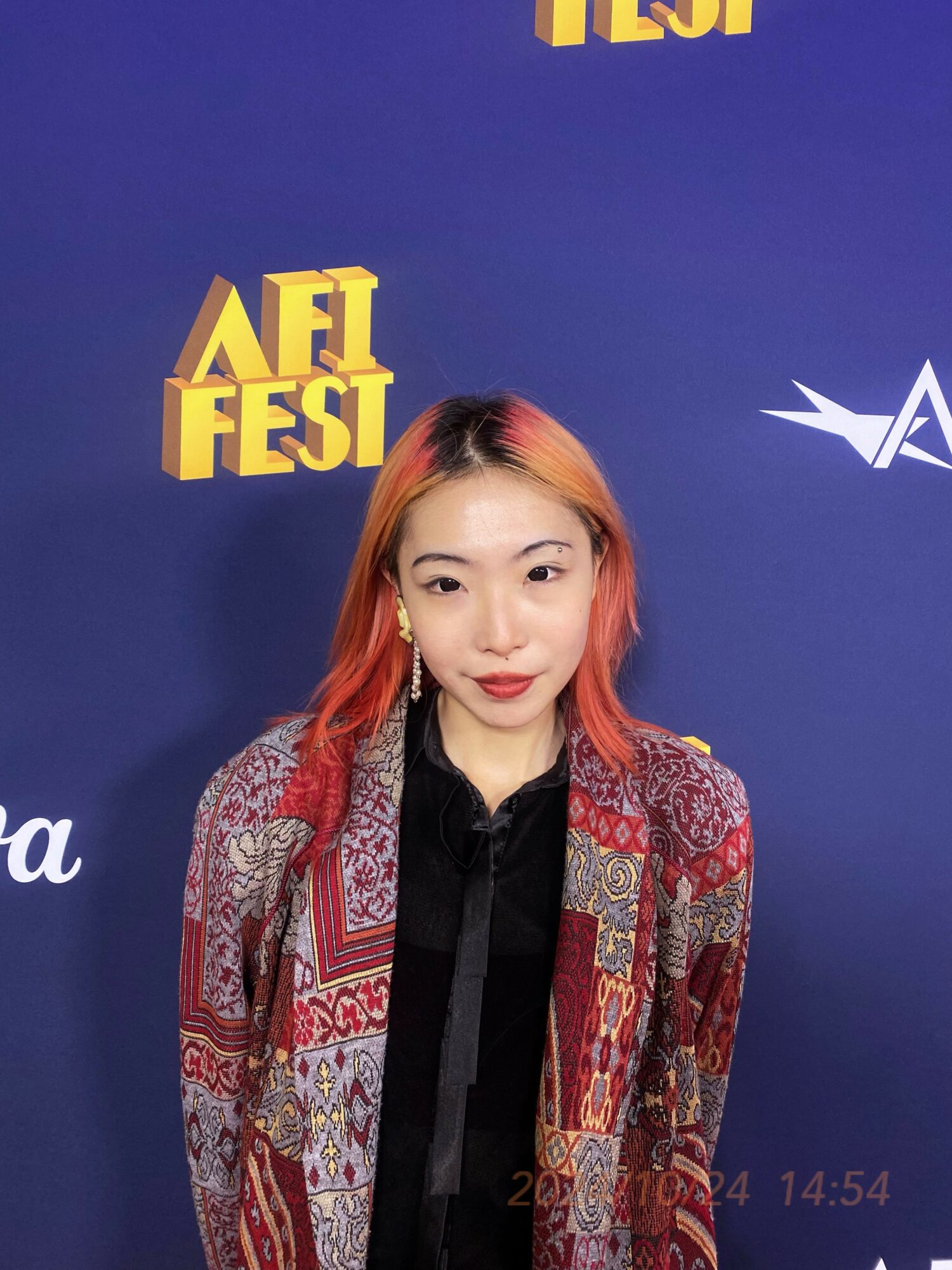
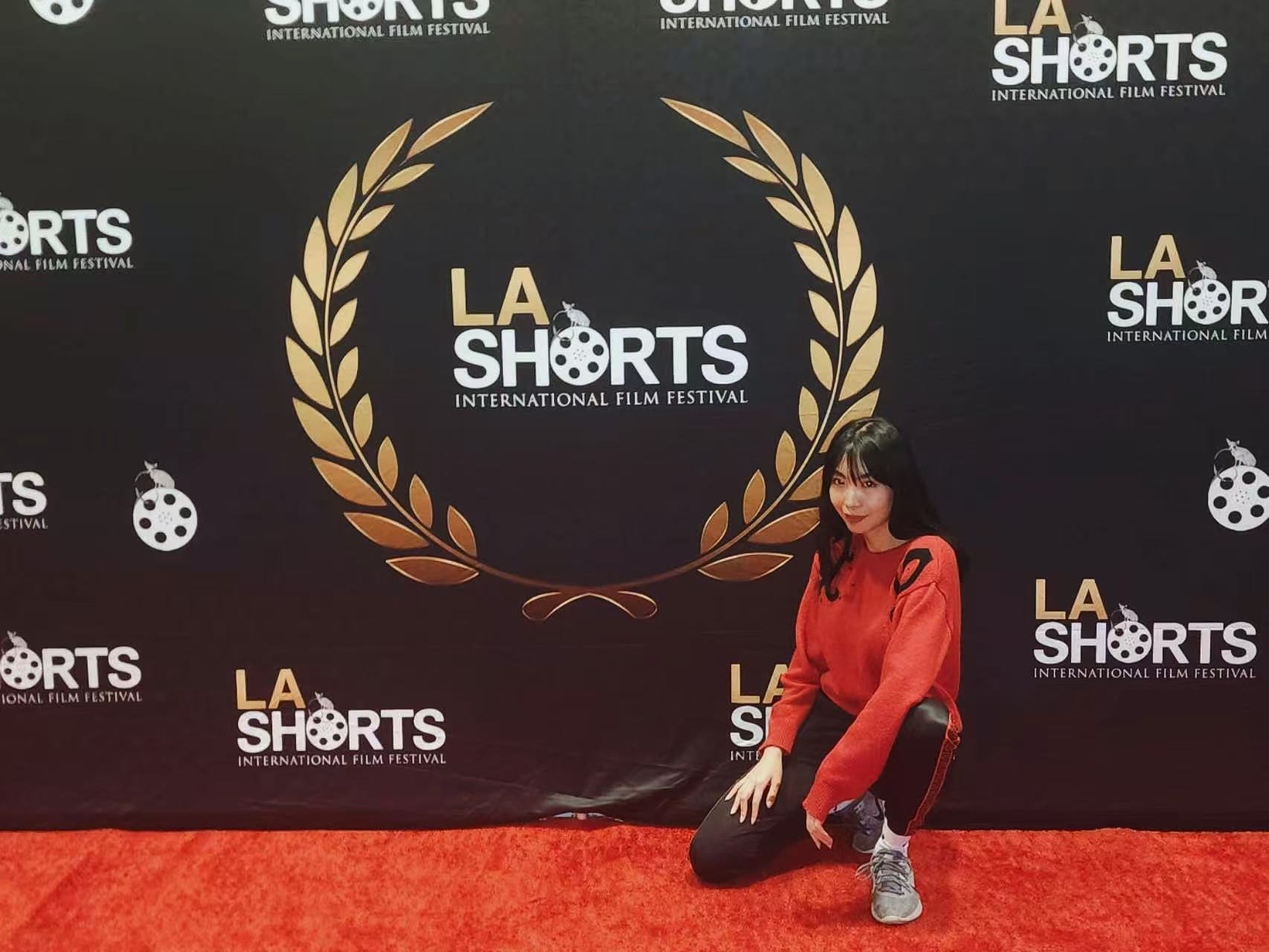
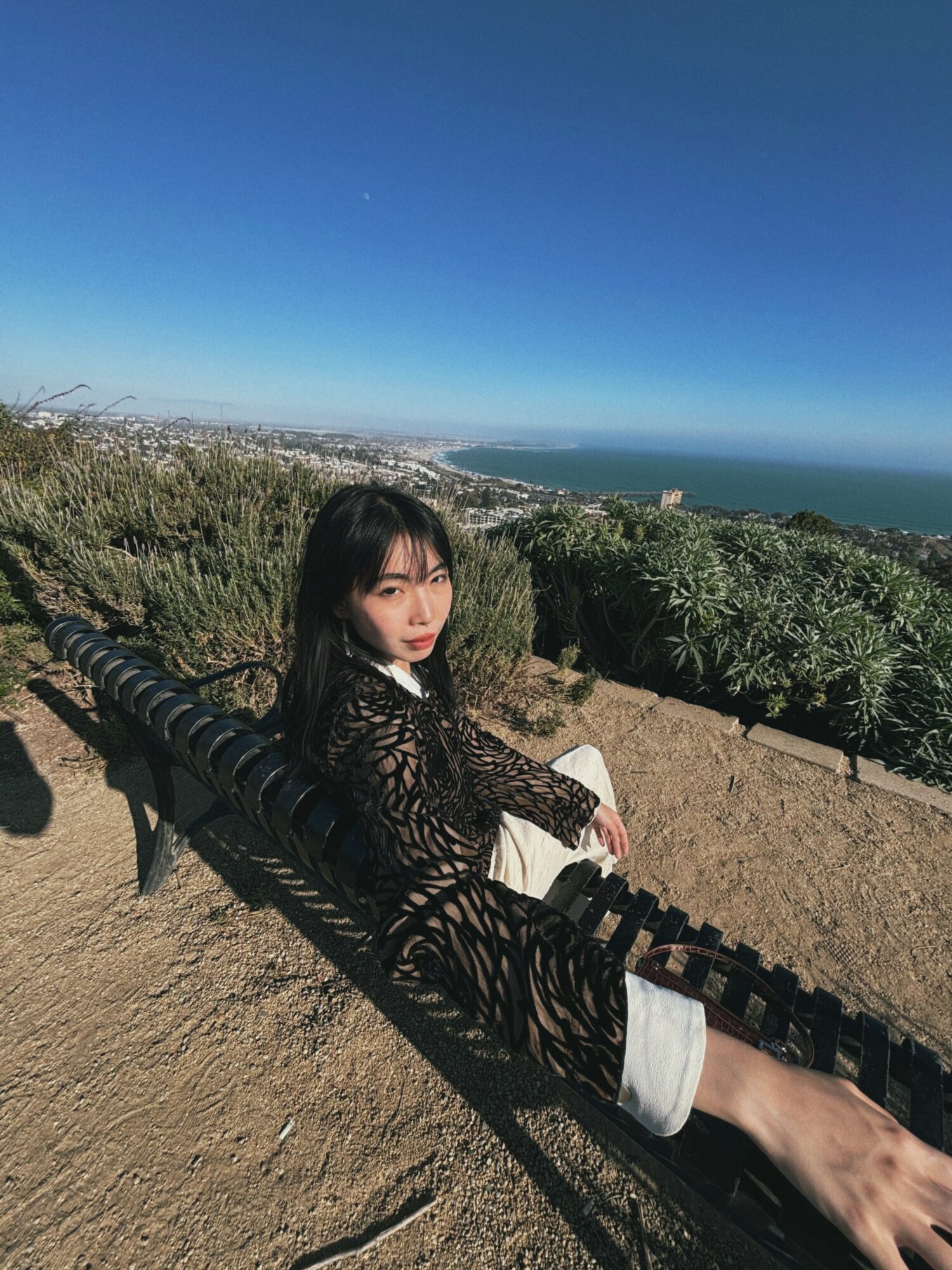
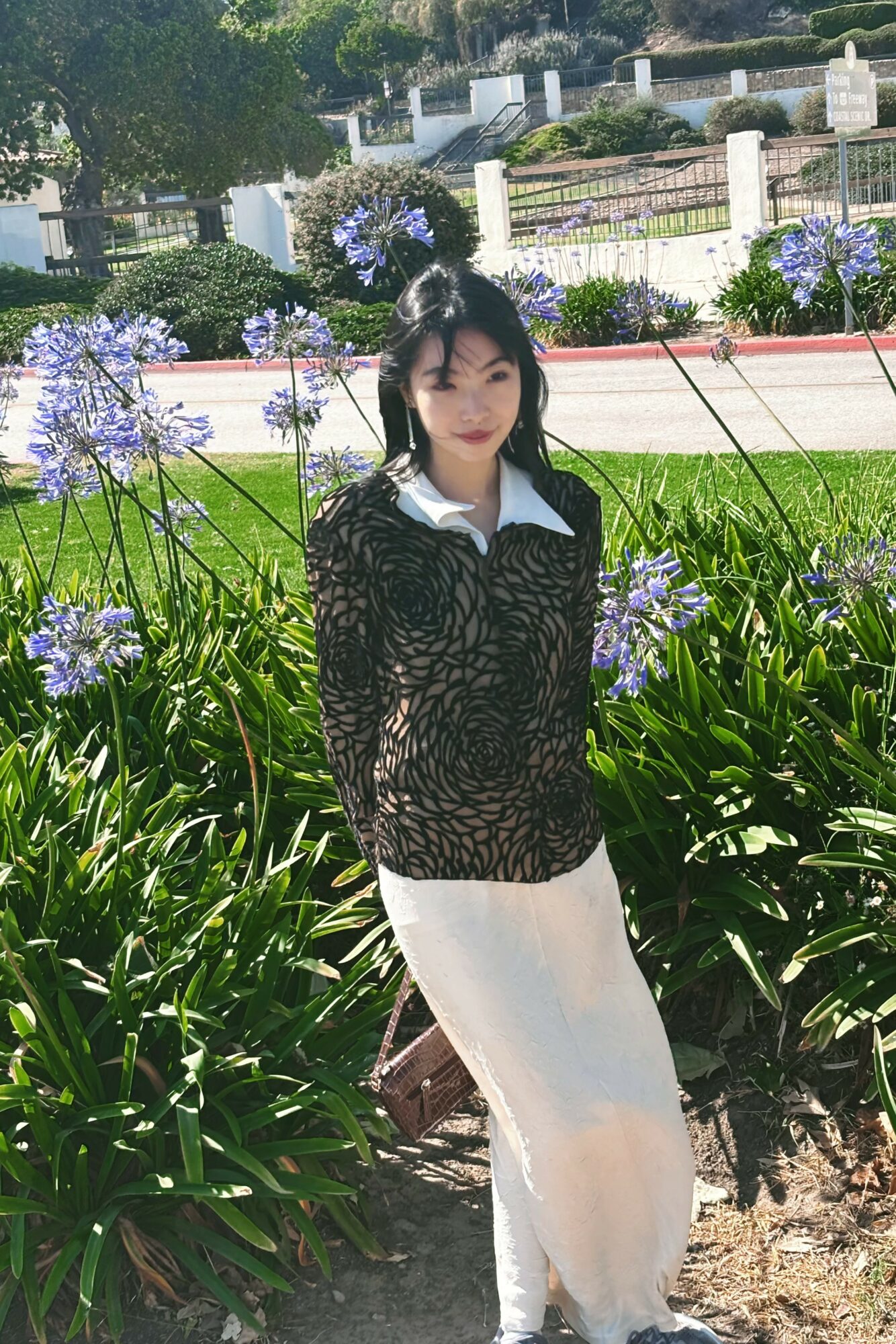
Image Credits
Yifan Lyu














